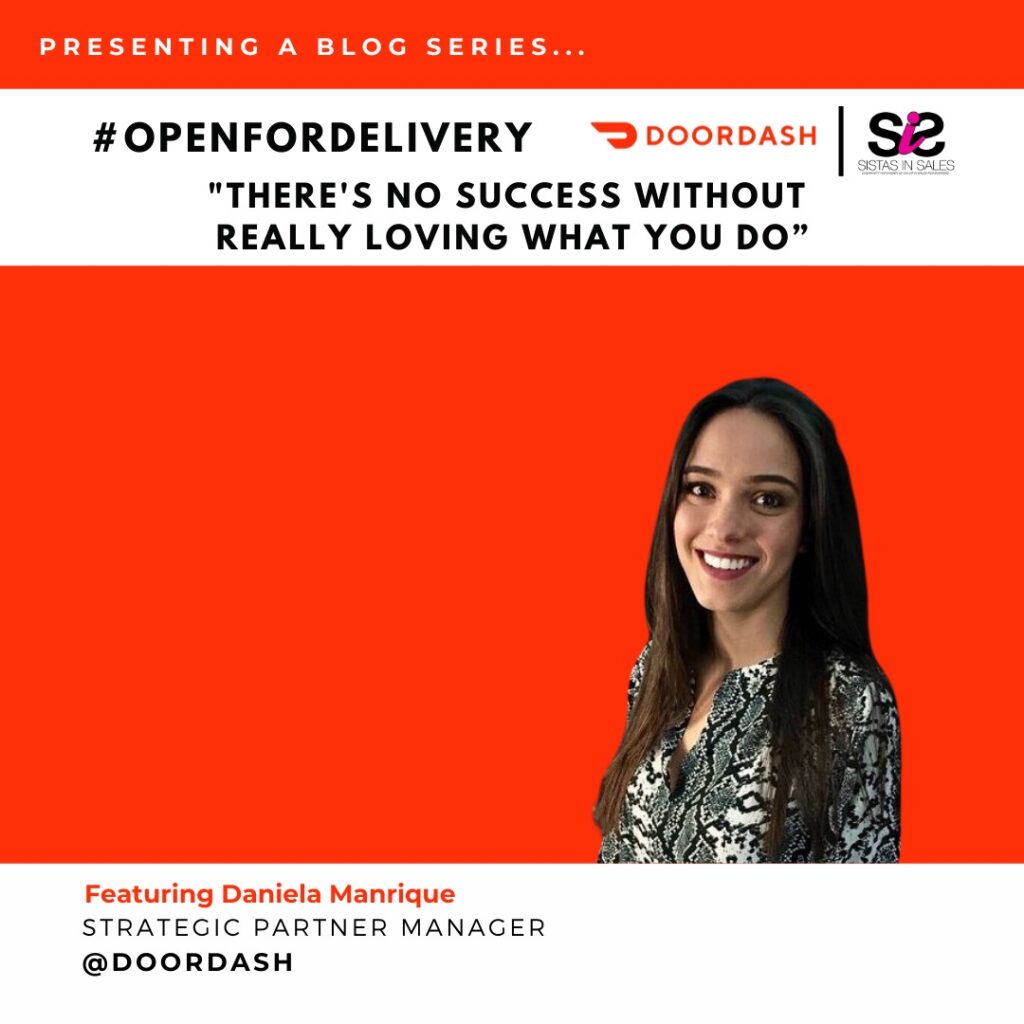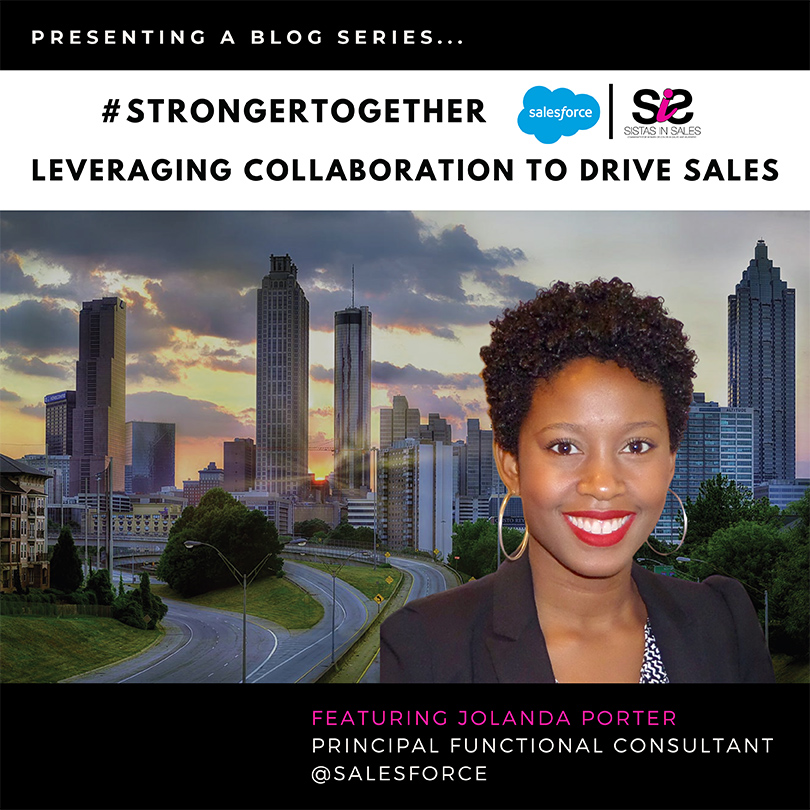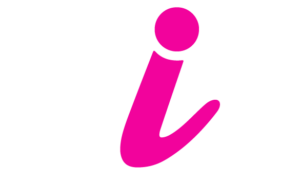#OpenForDelivery: There’s No Success Without Really Loving What You Do

Meet Daniela Manrique: Strategic Partner Manager, DoorDashWritten by: Myrna L. DatilusSpotlight Blogger, SIS Daniela Manrique is a Strategic Partner Manager (SPM) at DoorDash in Miami, and is ecstatic to work for a company that has allowed her to evolve both personally and professionally. In the interview process for DoorDash, Daniela felt that she was being introduced to a company that will celebrate her and her Hispanic background, she also felt confident in knowing that she would be affiliated with a company that encourages her to be herself and share her voice. “I’ve never felt like they’ve gone back on their word,” and for these reasons alone, Daniela is extremely excited about her career at Doordash, so let’s take a few steps back to learn more about who exactly Ms. Manrique truly is. Daniela “Dani” Manrique (Man-Ree-Kay) was born and partially raised in Venezuela, and then in Brazil due to her father’s work requiring the family to travel often. From Brazil, the Manrique family moved to Miami, Florida, where they have been for the past 20 years. She attended and graduated with her Bachelors in Marketing & PR from the University of Florida, with that being the furthest she has ever been away from her family in Miami. Due to her travels, Daniela speaks four different languages (English, Spanish, Portugese, and French), and has an appreciation for many different cultures and people. Being so culturally & educationally sound has allowed Dani to have a general passion for people by helping, building and maintaining relationships with the people she encounters in her life. The trend I have found by spotlighting these amazing women, is that just like me, we are all passionate about the human experience and how we can help leave each person we meet better than how they were. Although her degree in Marketing & PR is not aligned with her current career in sales, Dani says while working at different companies, she has been inspired to continue her work within the sales industry since she has a natural knack in connecting with people. Prior to bringing her talents to Doordash, Dani worked as a sales intern for Cartier at their Latin American headquarters in Miami for their Latin American Caribbean department. Although that position did not require a lot of client facing opportunities, there were moments where if her managers were out or if she needed to hop on a call with a partner, she would get the chance to help them resolve problems, troubleshoot, or just strategize, which required her to interact with her clients more than usual. Those moments proved to be Dani’s favorites because she was able to do what she loved to do the most, which was to talk, and that is where she really found her passion in building relationships and realized that she wanted to continue to do this on a larger yet impactful scale. Dani has another passion for volunteering her time within her community and she began to realize that she desired a role that would fuse everything that she loved together. She yearned to be able to interact and build relationships with people in her local Hispanic community in Miami; a position that would allow her to help support Hispanic small business owners such as the local restaurant owners. She wanted to also support women or anyone that was from any different culture to help grow and scale their businesses. “I actually started working for Ubereats as an Account Manager, where I was able to really dive deep into that passion of mine, of being able to build relationships, being able to help businesses grow and see the impact that I’m making directly with my merchants and my partners.” She worked in that role for two years as the company started growing pretty quickly, then the pandemic hit, and unfortunately things started changing. DoorDash then reached out to Dani informing her that they were growing their team in Miami, and asked her if this was something that would interest her. “At the time I was very interested in Doordash because of all the things that they were doing for the community and for the restaurants during the pandemic. They were going above and beyond to help everybody and that really resonated with what I was looking for in a company and I liked that they shared my values.” Accepting the offer to work at DoorDash was a no brainer for Dani because she will get to continue what she was doing and what she loves to do at a company that shares the exact values and morals that she does. “I applied and now I’m here…I have finally found a place where I belong and am doing something that truly makes me happy by helping local communities and small businesses.” Dani is truly getting the best of both worlds in her position as a SPM. As a SPM, Dani has a book of business where she manages around 30 accounts, “If I manage a Cheesecake Factory, that account is one local business in the market of Florida, that can be anywhere from South Florida all the way to North Florida. I’m equipped to help them grow their business in whatever capacity that means if that’s helping them with marketing campaigns, social media campaigns, product adoption, talking through, and if they have any issues with operations, I am a support for that as well. Right now with the pandemic, we’ve also been focusing on how we can help them just outside of the platform.” Dani elaborates further by sharing that her team goes even further in helping these local businesses figure out how to find people to work at their restaurants! I have never heard of a tech sales team doing that for any of their accounts, so I was truly impressed to learn that DoorDash goes above and beyond for their clients in such a way. “We sometimes will donate money to help them staff people. I do really cool campaigns with them, like if they want to do a social media campaign, I can
#StrongerTogether: Leveraging Collaboration to Drive Sales

The key to success in today’s sales environment is the ability to empathetically connect with customers. By leveraging insights gained through collaboration with clients, teams are able to tailor solutions that fit clients’ changing and specific needs. With that in mind, I met with Principal Functional Consultant, Jolanda Porter, to learn about her success with post-sales implementations. Jolanda is part of Salesforce’s strategic services team that focuses on advisory and implementation projects. She has worked on Salesforce’s solutions that are designed for nonprofits and educational institutions and her job is to go to the customers first, do discovery, work with them to decide what the implementation will look like, and execute the build. Q: How do you establish a trusting client relationship? A: One of the first things I do is meet with the major stakeholders in a project to make sure we’re on the same page. I want to ensure that what was originally outlined in the sales process is accurate and aligns with what is being done. I ask the customer questions like “What does your organization need? Why do you need it? Who will be using it? What obstacles might you face and what can I do to help?” Establishing a connection is a huge part of having successful engagements. Before coming to Salesforce, I was in the nonprofit space for fifteen years and worked closely with consultants. I know what it’s like to have consultants come in and feel like they don’t understand what you’re looking for. And I know what it’s like when a topline manager makes a decision for end-users without getting the users’ input. My goal is to ensure customers are delighted with the implementation process and that we’re working toward their goals. Q: What role do you play in the sales cycle? A: I am often solutioning. One of the things that happens when you focus on solutioning is that you establish trust with a customer. You can help customers understand that your objective is to make their job easier by taking their organization or business to the next level. When that conversation happens, other ideas emerge organically from that process. Frequently, when we’re doing an implementation, we’ll identify new requirements or a different perspective to a pain point that can be helpful for the customer. Many times, this can lead to the introduction of a new solution and product. When you’re actively listening to a customer during an implementation, you’re getting much more detail than you would otherwise. Also, it is as important to listen to what they’re not telling you as much as what they are. It is our job to see the problems and the missing pieces. It’s common that we’ll discover new solutions that will help further our clients’ goals throughout the process. Q: How did you make the shift from the nonprofit space to tech implementations? A: I was in the nonprofit space for quite a long time. Anybody who knows the nonprofit world knows that you wear a thousand hats and there are never enough people. When we were introduced to Salesforce in 2008, we needed someone to be the administrator, and I was already tech-savvy, so I volunteered. I am the kind of person who is going to learn a skill if nobody else in the office knows it. Through this initial introduction to Salesforce, my interest in the connections between leadership, technology, and data grew, and over time I became the Director of Evaluation. I quickly became a person that other nonprofits came to with questions about Salesforce and data because I didn’t just understand the product, but I also understood what it was like to be the organization using the product. Fast forward to 2016, I was a Deputy Director reaching the point in my nonprofit career where I’d probably become an executive director (ED), but I didn’t want to be an ED. I liked collaboration. I liked technology. I really liked Salesforce, and I really liked data, so I decided to go back to school to bridge the gap between my nonprofit background and the business world. After graduating from NYU’s Stern School of Business with my master’s in business analytics, I decided I was ready to make the switch to tech. Many of my classmates took jobs at Google, Facebook, and Twitter, but I had a nonprofit heart. I was looking for a tech company with a social impact vision. My peers discouraged this saying, “There’s no way you’re going to be doing socially good work and technology without going into the corporate space.” And then RoundCorner found me. RoundCorner was the first Salesforce.org Platinum App Partner for the nonprofit market in North America. It provided fundraising solutions and industry expertise to meet the needs of the largest global organizations in the social sector. My first projects were with the ACLU and National Geographic – I was getting to work with some of the world’s most influential nonprofits. Ironically, soon after I was hired, RoundCorner was acquired by Salesforce.org and I haven’t looked back. Today, I am thankful to work for a company that believes in and encourages mission-driven work while providing cutting-edge technology. Q: That’s a big career change! Tell me about what it took to successfully make this shift. A: It took drive and knowing my own talents, as well as learning how to be okay with being uncomfortable. When people think of technology, sometimes they are intimidated, especially when there’s no one who looks like you. You think, “What skill can I bring to the table?” Yes, there are going to be baseline technical skills, but that’s something you can gain. I wanted to be more experienced in data analytics, so I got a master’s degree, and I specifically put myself in a program where I was surrounded by computer scientists. I knew I had the talent to succeed, but I had to get comfortable being uncomfortable and learning what I did not know. Today I use Trailhead as my go-to resource for
